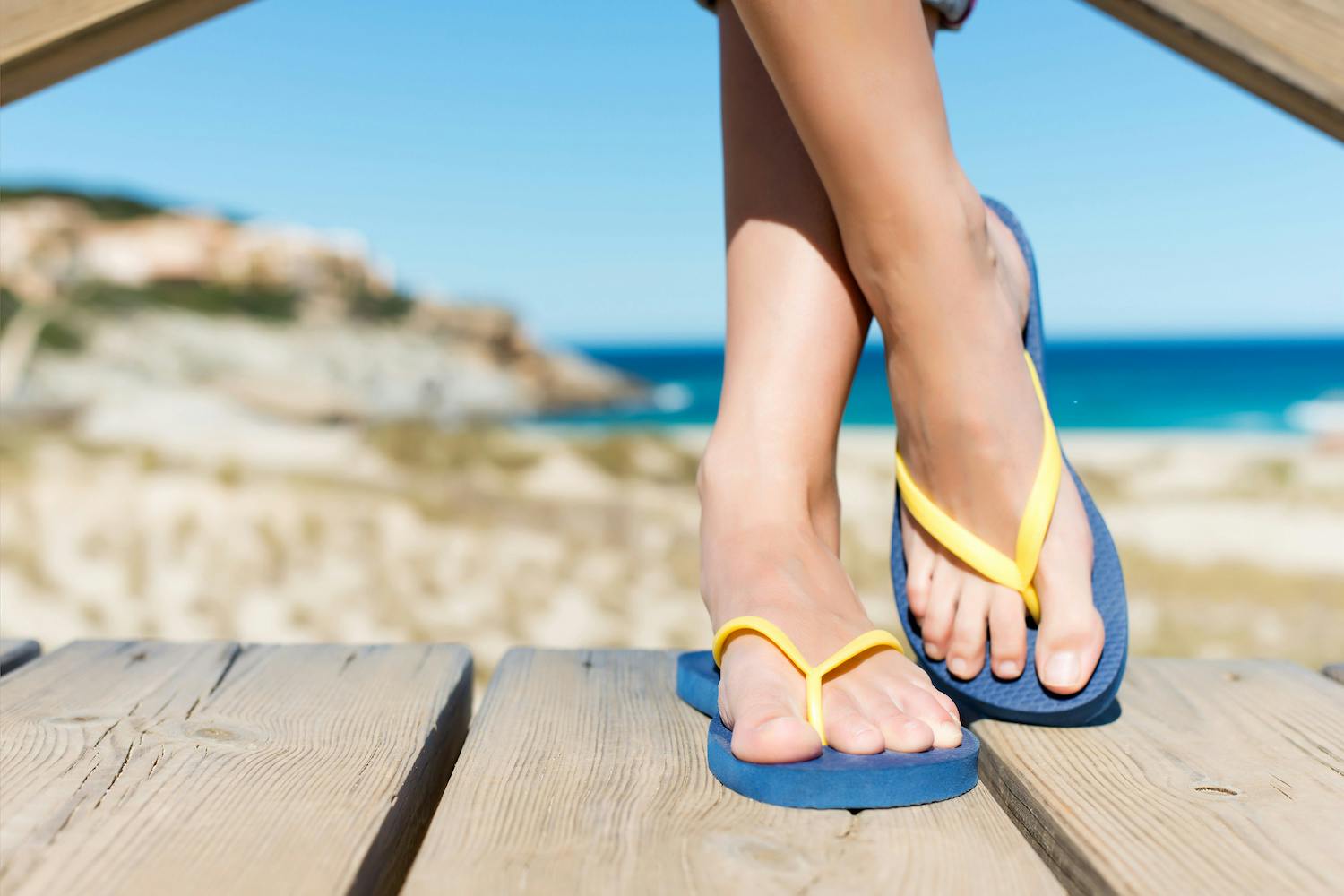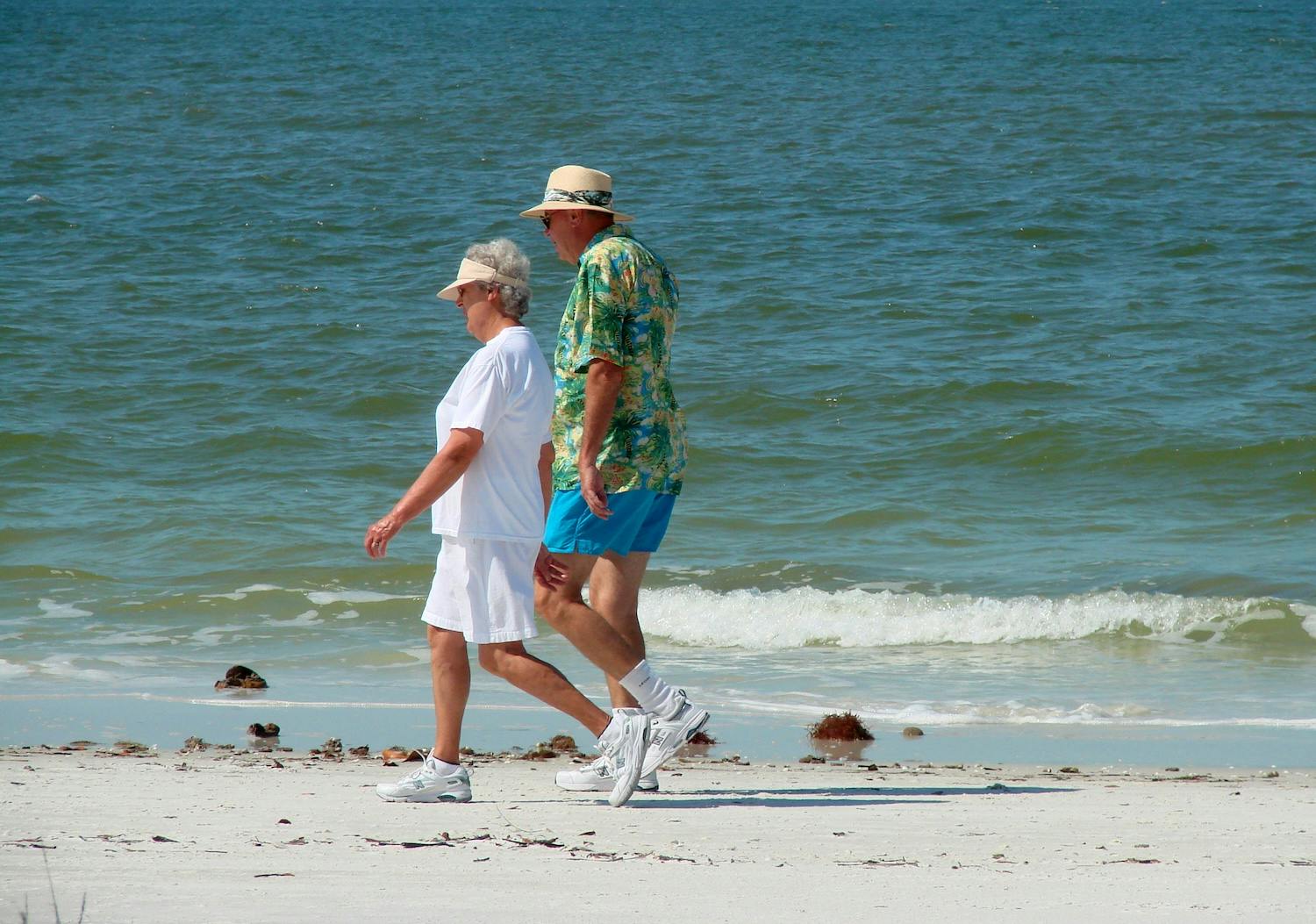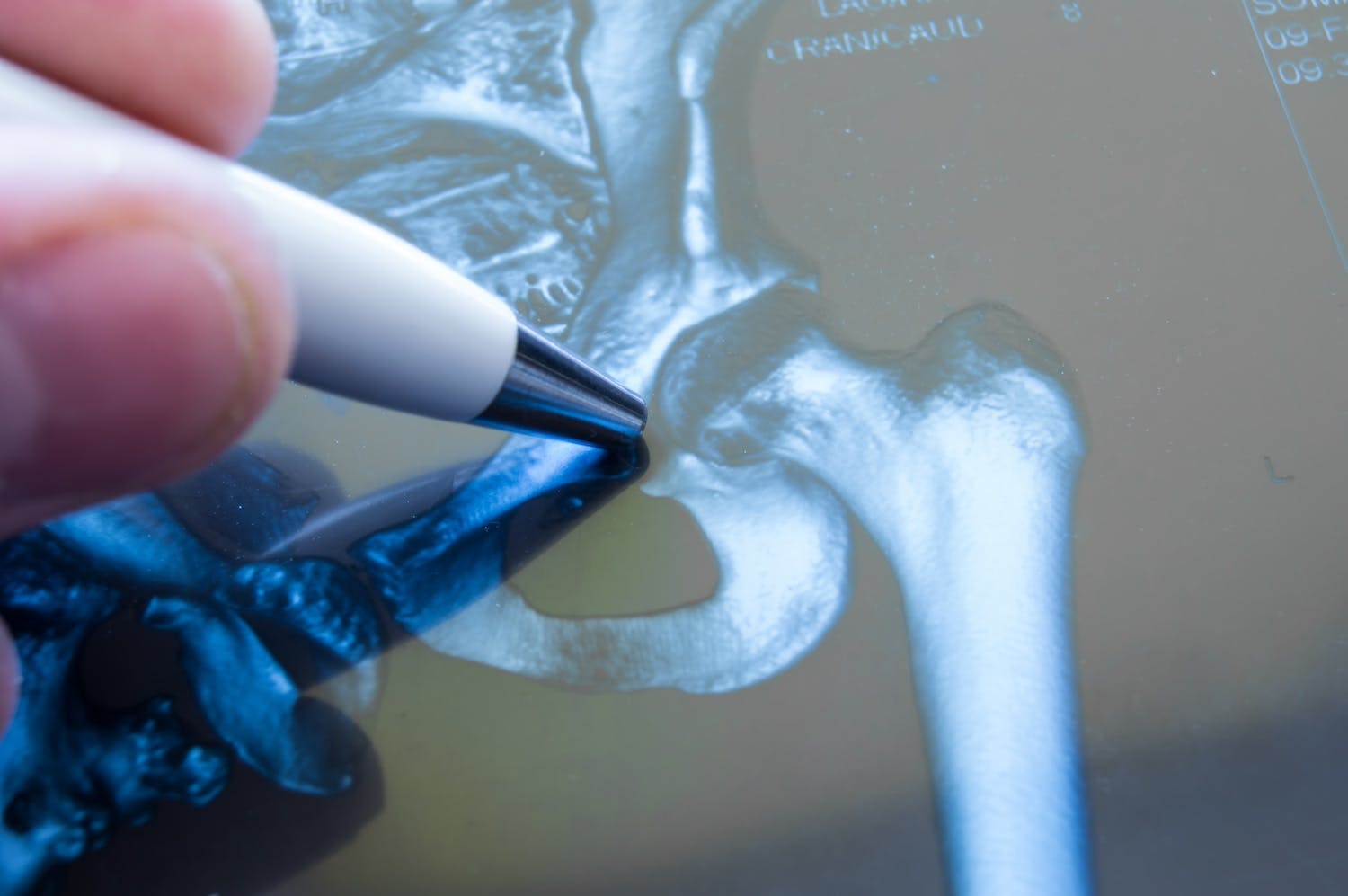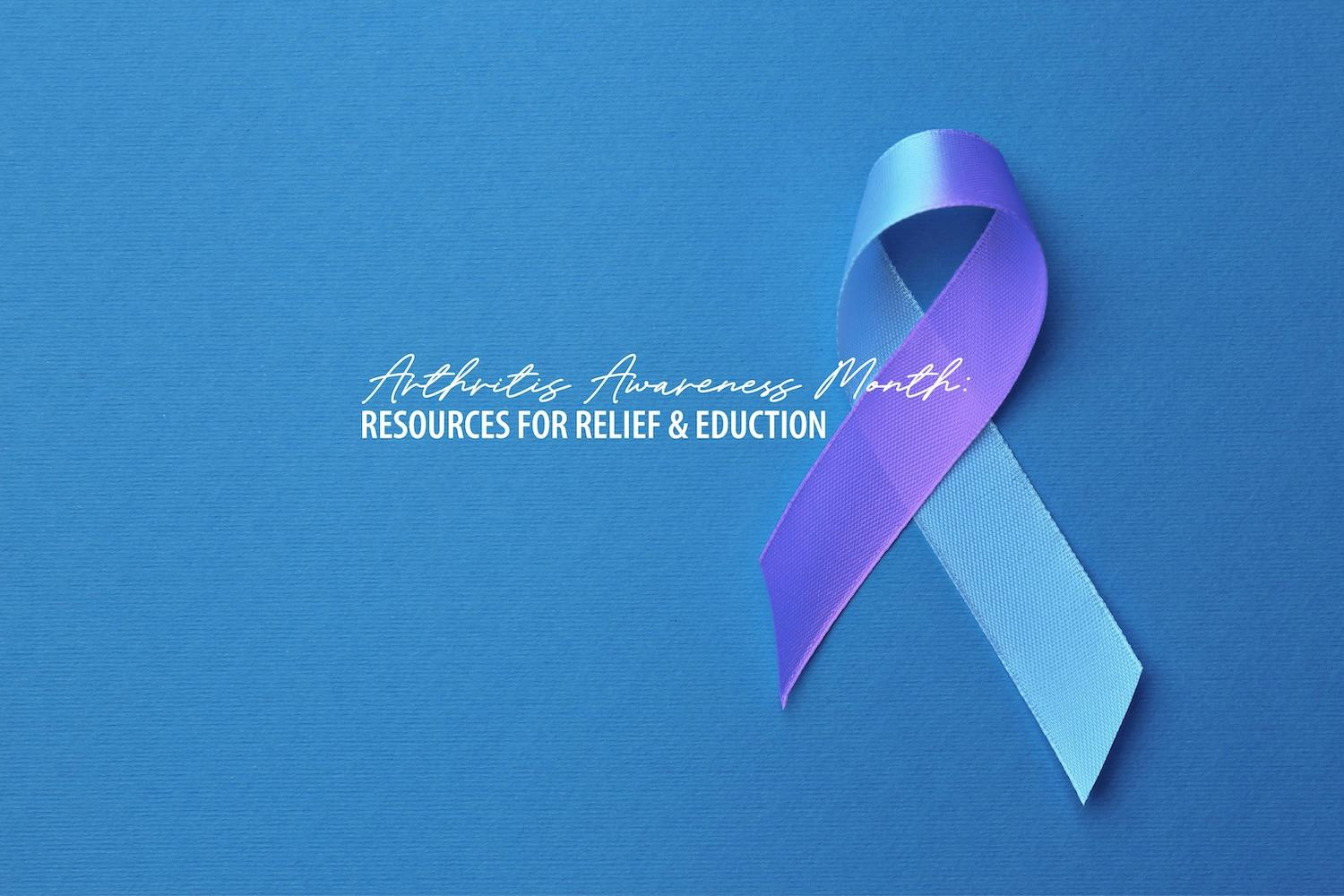- Blog
Flip Flop Red Flags
Posted on 01-28-2026 in Foot/Ankle by Dr. Sonya Ahmed, Dr. Erik Nilssen

Posted on 01-28-2026 in Foot/Ankle by Dr. Sonya Ahmed, Dr. Erik Nilssen
Flip-flops are a familiar sign that beach season has arrived here in Northwest Florida. While that can start as early as spring and extend well into the fall, by July, the goal is typically to slip on the most breathable option possible when venturing outdoors.
However, it's important to remember that flip-flops are inappropriate for everyday use as they significantly contribute to heel pain and other foot and ankle issues. Instead, flip-flops should be limited to visits to the beach, pool, spas, shared showers and hotel rooms. Even then, selecting a pair that will mitigate the negative impact on your feet is critical. Here are a few red flags to keep in mind as you dig through your closet or purchase new flip-flops:
In addition to these red flags, avoid wearing flip-flops while participating in the following:
If you are experiencing foot or ankle pain, don't hesitate to contact our office at 850-435-4800 or complete our online Appointment Request form to schedule a visit with Dr. Sonya Ahmed and Dr. Erik Nilssen.
As our foot and ankle orthopaedic experts, Dr. Ahmed and Dr. Nilssen specialize in various foot and ankle conditions and offer a wide range of innovative procedures, including minimally invasive treatment and surgical intervention. On-site physical therapy is also available at the Davis Highway, Midway and Fort Walton Beach locations.

September is Healthy Aging Month, an observance dedicated to promoting the positive aspects of growing older and encouraging proactive steps toward maintaining long-term health. In its 33rd year, Healthy Aging Month inspires adults of all ages to focus on lifestyle habits that support vitality, independence and overall well-being.

Ischiofemoral Impingement (IFI) is a lesser-known but often painful condition affecting the hip joint. This condition arises when the ischium (a bone in the pelvis) and the femur (the thigh bone) come into abnormal contact, which compresses soft tissues surrounding the hip. While the discomfort typically manifests in the buttocks or groin, particularly when moving the hip or walking, it can also present as low back pain, making it challenging to diagnose early. Additional symptoms and causes include discomfort during prolonged sitting, reduced range of motion, stiffness and/or tightness in the hip area.

May is Arthritis Awareness Month, an opportunity to increase public understanding of arthritis and its impact on millions of lives. Established by the Arthritis Foundation, this national observance highlights the importance of early diagnosis, effective treatment, and ongoing research to improve the quality of life for those with arthritis.